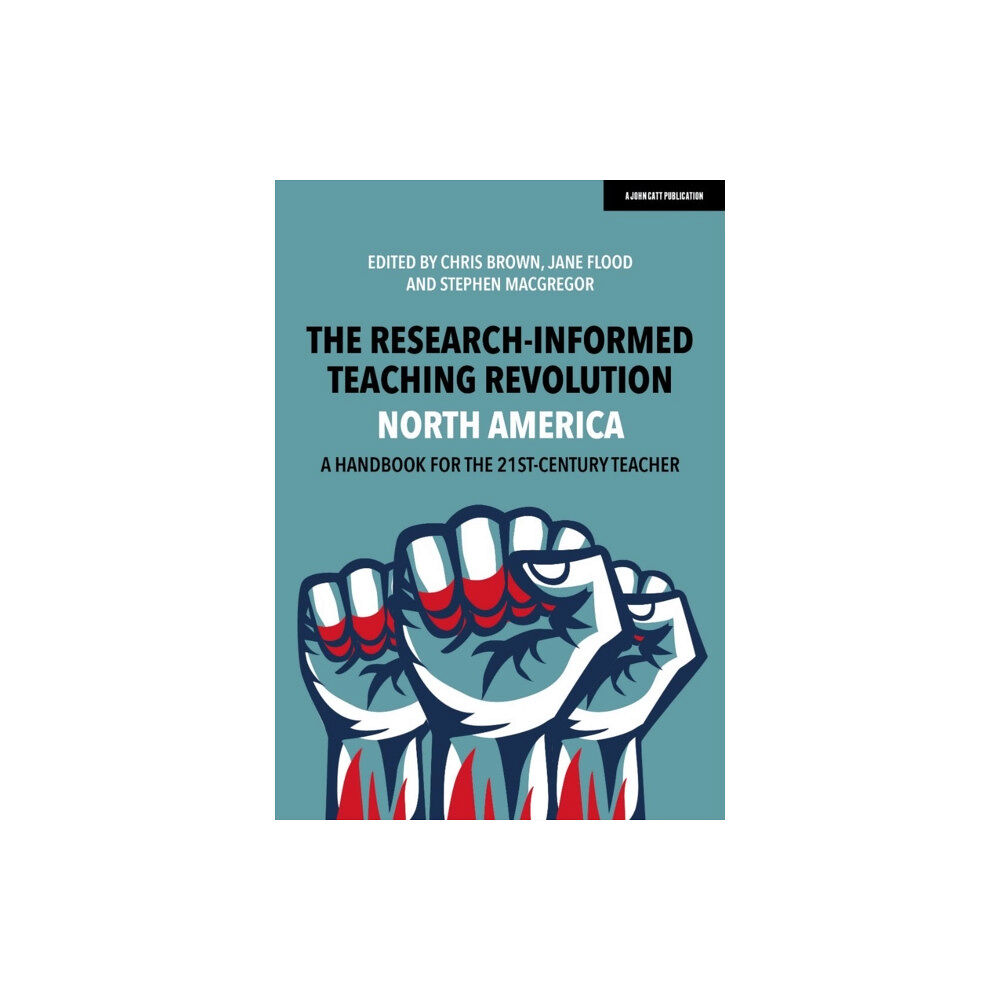The Research-Informed Teaching Revolution - North America: A Handbook for the 21st Century Teacher (häftad, eng)
305 kr
329 kr
Bara 2 kvar
Beräknas skickas inom 6 - 7 vardagar
Specifikation
Det finns tyvärr inga specifikationer att visa för denna produkt.

